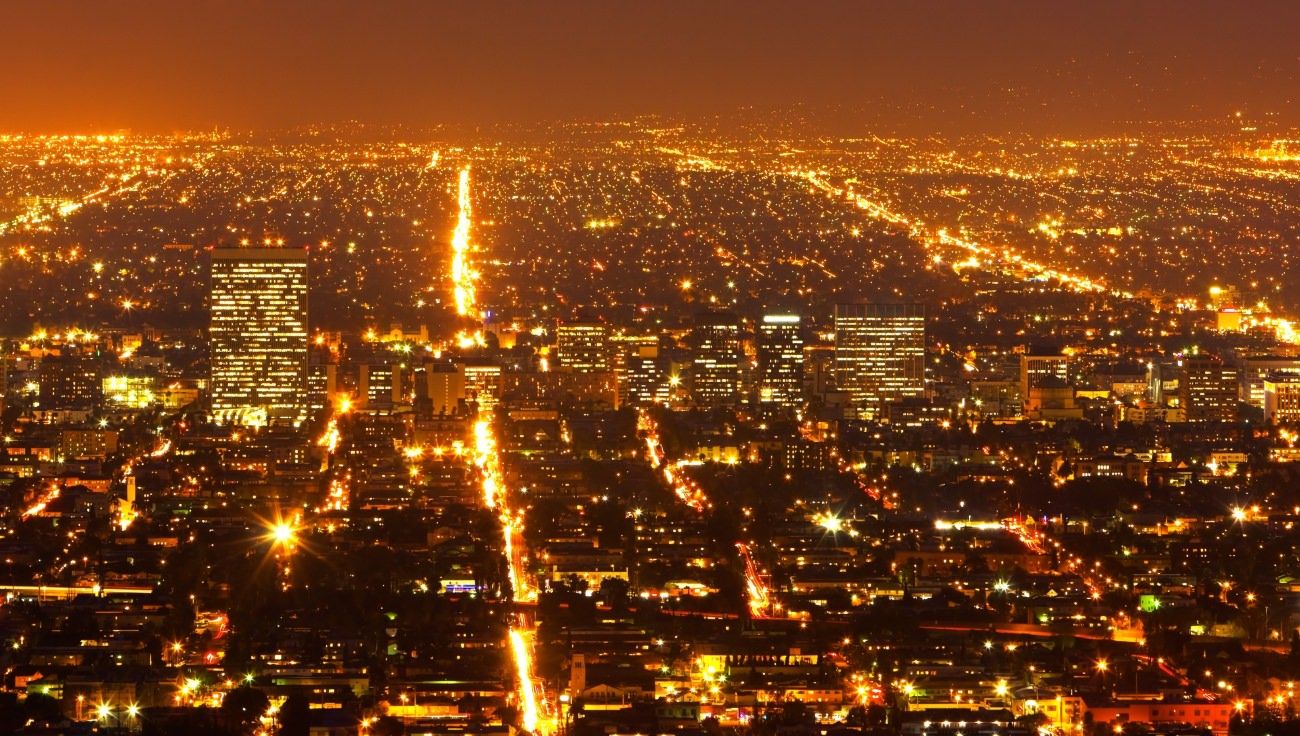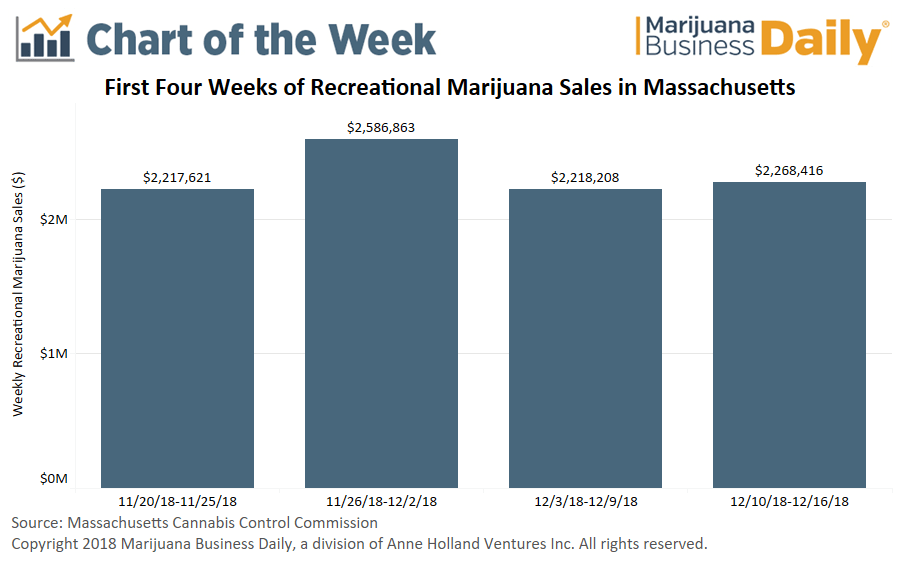On Jan. 10, California’s legal cannabis industry is expected to get even smaller.
Medical marijuana collectives and cooperatives will become illegal without a state license that day, per guidance that the Bureau of Cannabis Control (BCC) issued in January 2018.
Cannabis industry experts have suggested the impact of the deadline has already made its mark on the California marijuana industry by forcing nonprofits to either get licenses or close up shop.
But in many cases, the collectives/co-ops might just keep selling, turning their back on the regulations in hopes of avoiding law enforcement as long as possible.
But that grandfathering period ends Jan. 9, meaning any collective or co-op being run without a state permit on Jan. 10 could be raided by law enforcement and shut down, with employees and operators facing possible criminal charges or civil fines.
While it’s unclear how many collectives and co-ops may still be operating in California to date – neither the BCC nor the California Department of Tax and Fee Administration had any firm data on existing collectives/co-ops – industry insiders estimated the number could easily be in the hundreds.
“It’s significant because, at this point, if you don’t have a license, whatever legal protection you have goes away,” said Los Angeles cannabis attorney Michael Chernis.
“And the stark reality is that for many places in California, licenses are not available,” Chernis noted, a reference to the fact that roughly two-thirds of California’s cities and counties still have MJ business bans in effect.
The issue is perhaps most pronounced in Chernis’ home region, Los Angeles, because the city has been so slow to issue licenses for cannabis retailers, including many that operated through 2018 under the same collective/co-op model that’s about to end.
“The big losers,” Chernis said, “are the businesses that have been around as long as anyone who’s been licensed, and they have to face a really difficult choice right now:
“Do they completely cease operations because the city of L.A. hasn’t gotten around to offering them a legitimate pathway to license … or do they continue operating in the black market?”
‘Symbolic’ impact or uptick in raids?
The broadest impact of the disappearing collective/co-op model will probably be on medical patients, caregivers and small local collectives and co-ops that weren’t really focused on the business end of the industry, but rather, were actually operating as nonprofit medical charities, said Ellen Komp, deputy director of California NORML.
“There will be patients who will have their access interrupted, and some of them won’t be able to access or afford a licensed facility where they can find their medicine,” she said.
“And collective owners will get caught up in the laws, prosecuted civilly or criminally for not having a license.”
Komp also noted the BCC was originally slated to perform a study on nonprofit MMJ collectives before the regulated market launched in January 2018, but that deadline was pushed back to January 2020, leaving any still-existing medical collectives in “legal limbo” for another year.
Komp and several other industry sources said it’s possible that after the collectives and co-ops become illegal there may be an uptick in enforcement efforts against unlicensed MJ shops.
“You’re still going to have a pretty robust illicit market, and what we’ve seen over the course of this past year is cities that are choosing to crack down on the illicit market … will continue to do so in the manner they have this past year, which is through code enforcement violations,” San Diego attorney Kimberly Simms said.
“I don’t think you’re going to see this huge uptick in raids,” Simms added, saying she doesn’t believe most communities have extra resources to devote to combating unlicensed cannabis shops.
“It is the sort of symbolic end to what people felt like has governed the industry for the last 20 years,” Simms said.
Hard-to-quantify impact
Another longtime MJ attorney, Oakland-based Bill Panzer, said many of the dispensaries that will face the choice Chernis referred to were never nonprofit collectives or co-ops.
Panzer said that before 2018, when all MMJ businesses were required to be nonprofits, “if you looked at the shops that were operating in California under the collective model under a magnifying glass, at least 90% would not pass muster.”
The ones that would, he added, have either already transitioned to the for-profit market and obtained state licenses, or have already exited the market.
“They’ve already been impacted,” Panzer said. “I don’t think there’s going to be many more … because the state has taken the position that nonprofits still have to get licenses. And a lot of these places can’t afford it, so they’ve been being shut down over the last year.
“I personally don’t know any (collectives) that have gotten a license and have still continued to operate as a nonprofit.”
Enforcement mostly falls to local authorities
Others aren’t as optimistic that law enforcement will turn a blind eye to unlicensed cannabis collectives and co-ops.
“Enforcement is likely to increase, because that (collective) defense isn’t there anymore,” stressed Omar Figueroa, another longtime MJ industry lawyer.
BCC spokesman Alex Traverso wrote in an email to Marijuana Business Daily that his agency will continue to use a carrot-over-stick approach and try to coax illegally operating collectives/co-ops into getting state licenses, instead of coming down hard on those without permits.
Traverso noted that, in the past month, the BCC issued more than 1,300 temporary cannabis business licenses, including to many currently operating as collectives or cooperatives.
For those companies to become fully legal and sustainable, however, they’re going to have to obtain full annual permits – a much harder threshold.
That also doesn’t exempt unlicensed collectives and co-ops from prosecution by local authorities, which have largely been running point in combating California’s illicit market over 2018.
In many of those cases, however, misdemeanors, not felonies, have been the only charges filed.
John Schroyer can be reached at johns@mjbizdaily.com.





